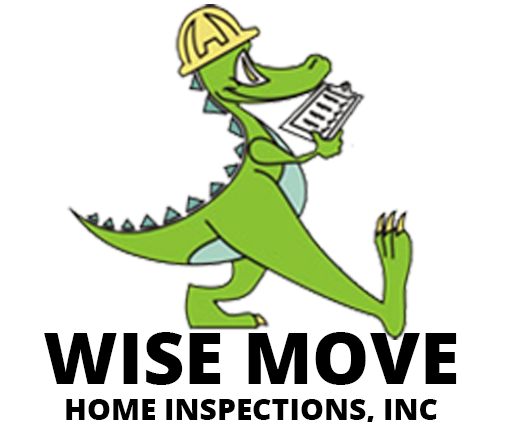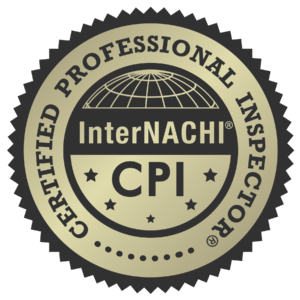1. What is an inspection?
An inspection is a visual examination of the structure and systems of a building. If you are thinking of buying a home, condominium, mobile home, commercial building, you should have it thoroughly inspected before the final purchase by an experienced and impartial professional inspector.
2. What does an inspection include?
A complete inspection includes a visual examination of the building from top to bottom. The inspector evaluates and reports the condition of the structure, roof, foundation, drainage, plumbing, heating system, central air conditioning system, visible insulation, walls, windows, and doors. Only those items that are visible and accessible by normal means are included in the report. Over 600 items inspected. All inspections meet NACHI standards.
3. How long does an inspection take?
On average a typical inspection will take between 2 1/2 to 31/2 hours depending on the size, age and condition of the house.
4. Does the homebuyer need to be present at the time of the inspection?
No, but it is preferable for the home buyer to be present. It is to the home buyers benefit to be present at the time of the inspection. The inspectors job is not just to inspect the property, but also to educate the potential buyer of the condition of the property, and this can be better achieved if you are present at the time of the inspection.
5. What if I cant be present at time of Inspection.
If you can’t be present at the time of inspection we can e mail the inspection to you and follow up with a phone call where we can explain any items of interest in detail. We can also post a hard copy of the report to you.
There may an extra fee for posting depending on where the report has to be sent too.
6. Can a building “FAIL” the inspection?
No. A professional inspection is simply an examination into the current condition of your prospective real estate purchase. It is not and appraisal or a Municipal Code inspection. An inspector, therefore, will not pass or fail a building, but will simply describe its condition and indicate which items will be in need of minor or major repairs or replacement.
7. What if the report reveals problems?
If the inspector finds problems in a building, it does not necessarily mean you should not buy it, only that you will know in advance what type of repairs to anticipate. A seller may be willing to make repairs because of significant problems discovered by the inspector. If your budget is tight, or if you do not wish to become involved in future repair work, you may decide that it is not the property for you. The choice is yours.
8. Why do I need an inspection?
The purchase of a home or commercial building is one of the largest single investments you will ever make. You should know exactly what to expect – both indoors and out – in terms of needed and future repairs and maintenance. A fresh coat of paint could be hiding serious structural problems. Stains on the ceiling may indicate a chronic roof leakage or may be simply the result of a single incident. The inspector interprets these and other clues, Then presents a professional opinion as to the condition of the property so you can avoid unpleasant surprises afterward. Of course, an inspection will also point out the positive aspects of a building, as well the type of maintenance needed to keep it in good shape. After the inspection, you will have a much clearer understanding of the property you are about to purchase, and be able to make your decision confidently.







